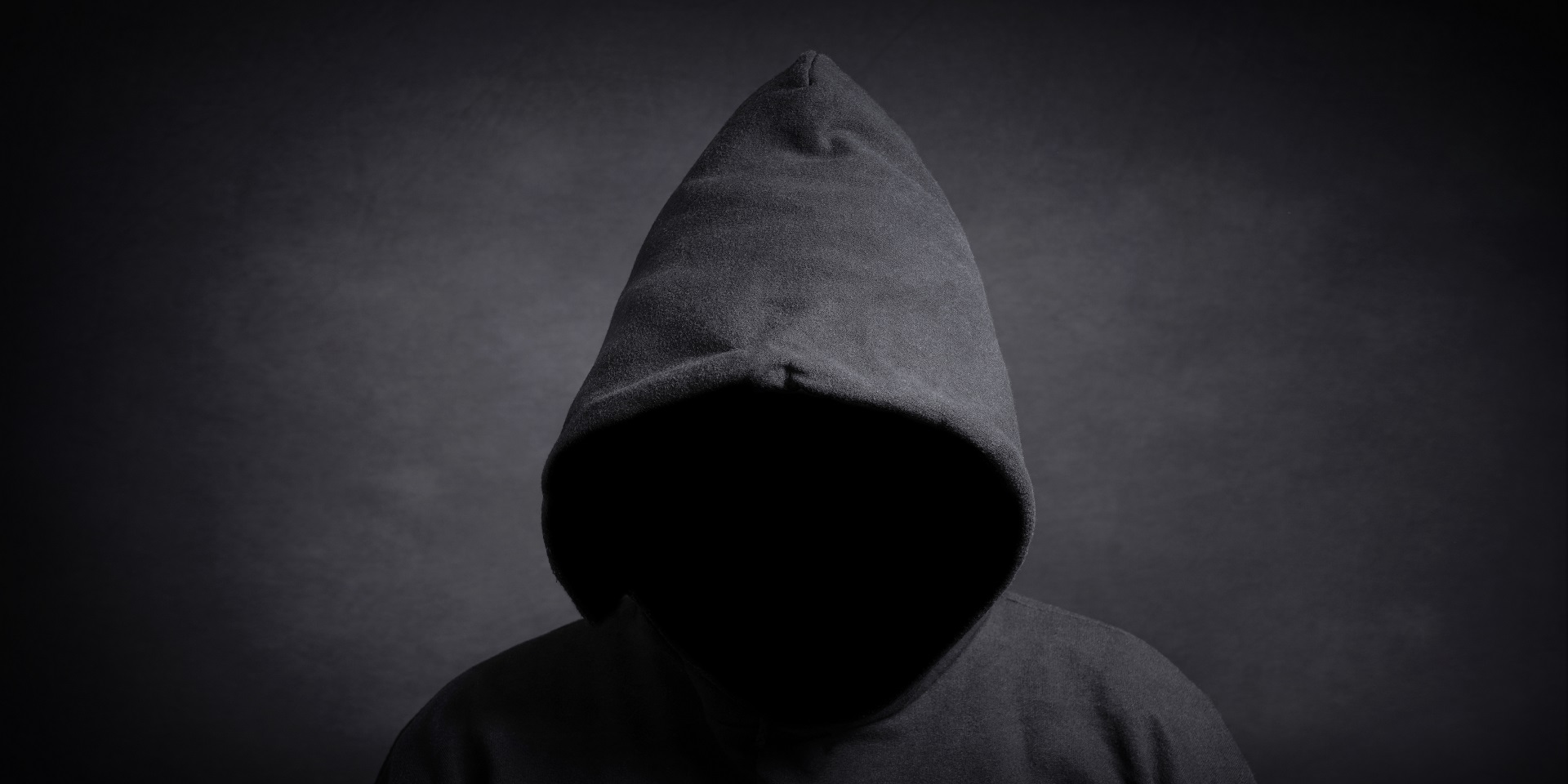Thousands of cries for help are hidden every day behind extreme violence or riots. Few of them overcome the wall of our indifference and prejudice, and even fewer of those in need get a second chance. Stories like that of Sephton Henry show what it means to offer help even when change for the better seems impossible.
For Sephton Henry, the word “childhood” is not one that conjures up bright images. At the age of eight, he ran away from home, angry at the life he was leading and the people who made his life a nightmare. He slept in various places, most often on the kitchen floor of the houses where he was received.
Among those who welcomed him into their houses were also some who asked him to carry strange powders to various places. There he learned what paralysing fear means. The first time he was afraid was when he saw a man who went into convulsions after taking an overdose of powders like the ones he delivered.
He wanted to move away from those friendships, but he didn’t know how or where to go. So, he stayed in that environment that formed his character. “If you don’t have parenting then your surroundings are going to parent you.” He goes on to say about the violence he’d witnessed: “When you’re seeing that, you are desensitised to violence. Violence is not a thing”.
At 13, after learning how things work, he organised his own gang. He was selling drugs, patrolling, and conquering new territories. “If I’m gonna be in this lifestyle, I might as well be the baddest of the baddest, I might as well be the craziest.” But his anger was just a mask to hide the pain of being alone, scared, and unwanted. He wanted everyone to be afraid of him, so as not to let them see what was going on deep down, in his soul.
By the time he was 23, he had been in prison seven times. Prison had become something normal; it was home. With each incarceration, his anger grew and every time it spilled over into very violent conflicts. In 2011, Sephton was one of the instigators of the riots that broke out across the UK which resulted in more than 3,000 people being detained by the police.
During these riots, dozens of houses were arsoned and destroyed. That was the moment when he saw in the all-consuming fire a metaphor for his life. “I knew that my whole life had been a riot. I saw fire burning and I thought that’s my life burning. I saw my whole area up in flames and I said, ‘Is this what we’ve caused? Is this what I’ve done?’” But as before, he had no one he could trust.
One day, a van with tinted windows parked on his territory caught his attention. He headed towards it determined to solve the mystery, only to find out that the van was a music recording studio.
Ethan, the van technician, let Sephton “play” with the equipment and even record some lyrics. Between him and Ethan a relationship of trust was formed, something completely new for him. What Sephton didn’t know at the time was that Ethan was part of an organisation called XLP (eXcel Project), which aimed to get young people like him out of risky environments.
He began the change following the small steps that his new and only friend suggested. When he felt that he could not control his anger, he called Ethan, who managed to calm him down. Then he tried to be open to the religious message that Ethan gave him.
“Someone started preaching to me about Jesus Christ. I decided to listen to them as they were preaching. (…) As I listened, I knew, ‘I need this thing. I don’t know anything about it but I need it. I need forgiveness, I need love, I need peace. I want peace.’ And they’re telling me that they can get it. They can give it to me like it’s obtainable. It was like a myth to me.”
Two worlds were fighting within him, the world of drugs and violence, which was so familiar to him, and a world of peace in which he wanted to believe. He remembers a moment when, on the steps of the police station he had just left after an altercation, he prayed the following: “I believe that you came to die for my sins. I need forgiveness for the things that I’ve done. And I promise you that I’ll make something of my life; I’ll change it around. I’ll live my life for You”.
The path of change was not at all easy for him, but with Ethan’s unconditional help, he managed to overcome the difficulties and break away from the world he knew. “Most people judge and punish instead of discipline and guide, Ethan showed me hope and didn’t judge, showed you can actually change.”
The promise he made on the steps of the police station he fulfils today in an organisation called Gangsline, which educates young people and the authorities in London about gang life, street culture, and the ways in which those who are part of gangs can be helped. He is also a mentor for XLP and helps people directly, as he was helped by Ethan.
Many of those he helps are vulnerable children of 13, 14, or 15 years old. “When you look at gangs as vulnerable children, now it’s looking back at you, society. It’s looking at you as the individual (…) When you don’t know where you belong and don’t know who you are, you’re easily coerced into being whoever they’re making you to be.”
His message is one about going beyond the masks, about the point from which we can clearly see the problems and the solutions. “Let’s talk about the scars, the rejection, the pain, the hurt, the loneliness, the alcohol issues that he had, the drug issues that he had, let’s talk about the mental health that he had. Let’s talk about how his mum left him with nothing to eat. Let’s talk about how his dad beat him throughout his life.”
This is, from his point of view, the perspective that can destroy the wall of prejudice and can offer more young people a chance. He knows how much a chance like that is worth from his own experience.
Andreea Irimia believes that life stories have the power to transform us. This is because the images born of the almost unreal experiences that some of us have undergone penetrate our souls and respond convincingly to some of our most persistent doubts.



















